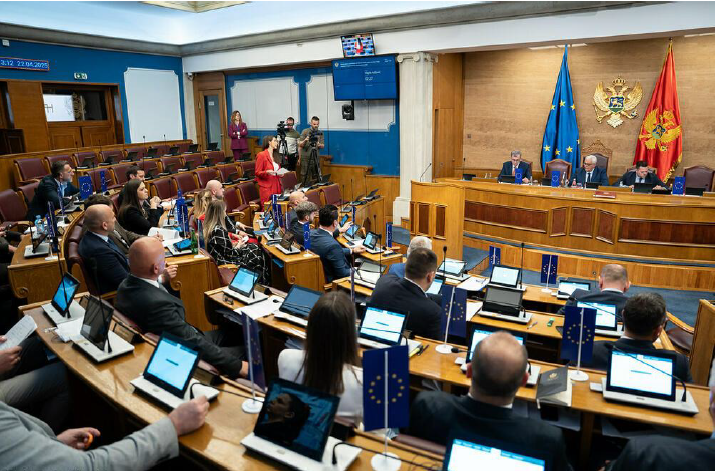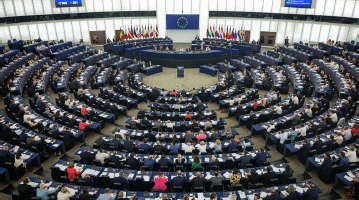On May 29, Montenegro’s Parliament is scheduled to vote again on the controversial Agreement on Tourism and Real Estate Development between Montenegro and the United Arab Emirates (UAE), which President Jakov Milatović returned for reconsideration. The agreement, previously signed by Prime Minister Milojko Spajić, has drawn criticism from civil society organizations and raised concerns in Brussels, with NGOs expecting that it will fail to receive a majority in the second round of voting.
Additionally, the session will include a new initiative from the opposition to remove Speaker of Parliament Andrija Mandić from office. However, it remains uncertain whether there will be enough votes to even include this proposal on the agenda.
The upcoming parliamentary session underscores the fragile and complex nature of Montenegro’s political landscape. The UAE agreement, while potentially bringing investment and development, raises legitimate concerns about transparency, environmental impact, and alignment with EU standards concerns that cannot be ignored if Montenegro truly aspires to join the EU by 2028. The fact that Brussels has weighed in should serve as a wake-up call to lawmakers to place long-term national interests over short-term political gains.
Equally, the move to remove Andrija Mandić reflects the deep divisions within the Parliament, highlighting ongoing struggles between reformist and more nationalist factions. For a country seeking credibility on the international stage, consistent leadership and legal clarity are essential. The decisions made on May 29 won’t just determine the fate of a document or a political figure they will signal whether Montenegro can act as a mature democracy capable of balancing investment, democratic norms, and EU aspirations.
Written by our correspondent A.A.



